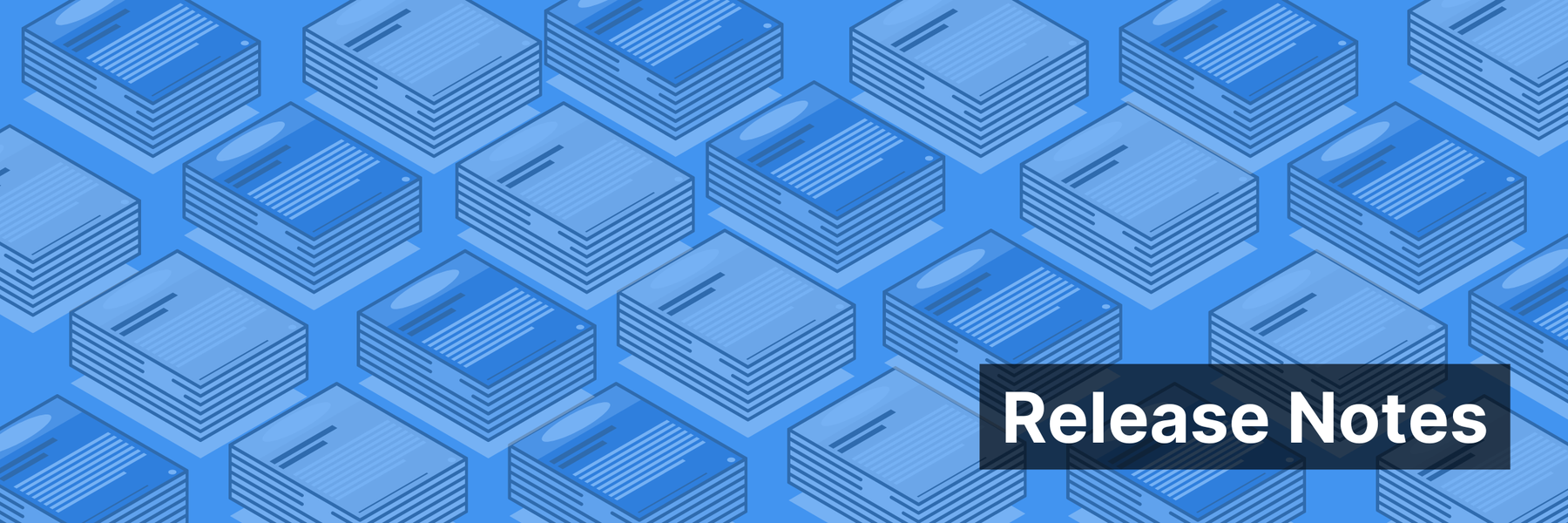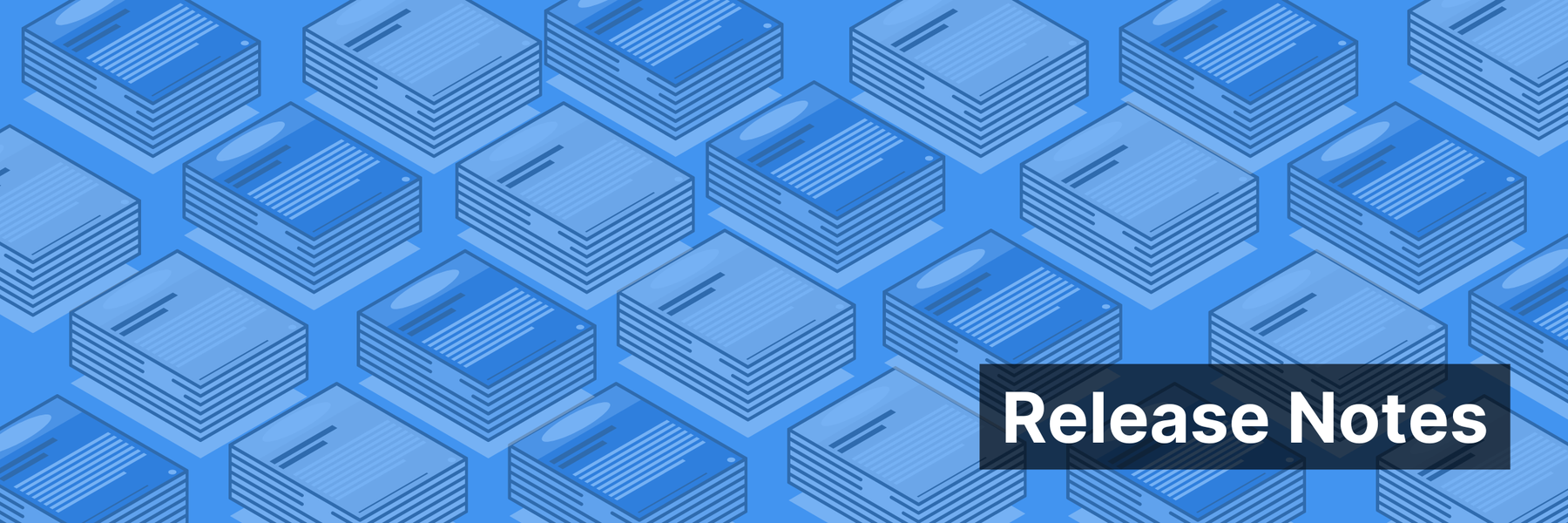In late August, we pushed out a major upgrade bringing MuckRock from Django 1.11 to Django 2.1 and from Python 2 to 3. While these updates didn’t offer much new functionality, they were important to help us continue keeping MuckRock secure and giving us an updated, modern platform to build on.
We also managed to work in a few minor bug fixes and tweaks, which we’re rounding up today.
For previous site improvements, check out all of MuckRock’s release notes, and if you’d like updates emailed to you — along with ways to help contribute to the site’s development yourself — subscribe to our developer newsletter here.
Bug fixes and quality of life improvements
We bundled a number of small features and long-standing bug fixes into a long-awaited upgrade to Python 3 and Django 2.2, so here’s a recap of some of the updates:
- Fixed some of the automations involved with the FBI FOIA portal.
- Fixed some bugs that occurred when tagging questions and news items which deleted all but the most recent tag.
- Zip exports of request pages should work better.
- Fully deprecated the data set feature, which provided a not-very-usable in-browser way to view spreadsheets and which stopped accepting new data in 2018.
- Changing the number of items showing on a search results page no longer resets other parameters you included in the search (this was actually released a little later than the other items above).
MuckRock and DocumentCloud are open source, and you can help us make them better
There are a number of ways to help us continue to improve the core MuckRock site experience. We have a developer newsletter, “Release Notes,” that highlights everything we’re working on. Register to get an occasional summary of site updates and details on open issues you can help with.
Check out some of our issues labeled “help wanted” for ideas on where’s good to start, or just pop into our Slack’s #Developers channel.
Subscribers to the developer newsletter get exclusive data sets, FOIA-related scripts, and other transparency hacker tidbits exclusively for subscribers. You can subscribe to the newsletter at the top or bottom of this page.
If you spot a bug or have a feature request, you can also help by opening an issue on GitHub.
If you do, please search open issues first to make sure it hasn’t already been reported. If it has been reported previously, please leave an additional comment letting us know it’s an issue for you, particularly if you can provide more details about when it crops up or what you think is causing the problem.
In addition to the new newsletter, we have a developer channel on the MuckRock Slack.
Image via Wikimedia Commons




